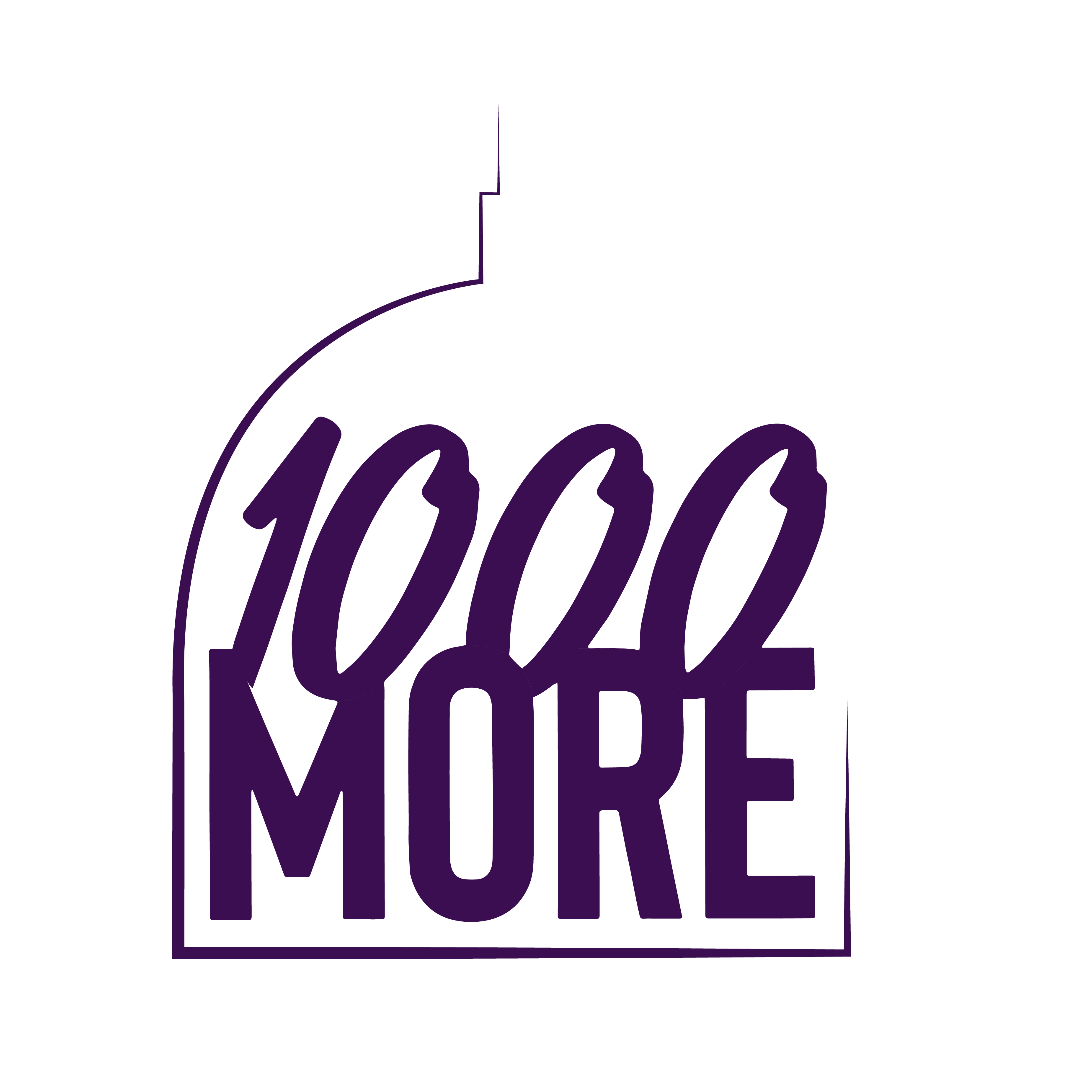October 18
This week in MORE POWER:
Thinking Pink
Forget the Deductible
Access to Medication
Accessing Primary Care
Congress is still on recess and October is Breast Cancer Awareness month so we’re bringing you a special edition of MORE POWER on legislation designed to impact breast cancer outcomes, access to medication, insurance, Medicare, Medicaid, and more!
Thinking Pink
October is Breast Cancer Awareness Month. According to the National Breast Cancer Foundation, around 13% of all American women will develop breast cancer during their lives. Currently, there are several bills in Congress that would help breast cancer patients pay for treatments, promote breast cancer education, mandate more breast cancer research, and more; however, these bills are still in committee, meaning that they have a long way to go before becoming law. You can use the links below to learn more about each of these bills and take action:
Forget the Deductible
The House passed the Chronic Disease Flexible Coverage Act, which aims to help Americans with high deductible health plans manage their chronic health conditions more affordably. High Deductible Health Plans (HDHPs) are typically offered through employers as part of employee health benefits, and they require you to meet a high deductible before most of your medical expenses are covered.
However, the Chronic Disease Flexible Coverage Act would allow certain preventive care services and items for chronic conditions to be covered before you meet your deductible. This means that if you have a condition like diabetes, asthma, or heart disease, the bill would allow you to receive specific treatments without having to pay out of pocket first, even if you haven't met your deductible. This bill currently does not apply to those with cancer; however, this could change in the future.
Access to Medication
The House passed the Seniors' Access to Critical Medications Act in September. This bill intends to allow Medicare patients to receive medications by mail or have them picked up by caregivers or family members, ensuring timely access to critical medicines for those who cannot travel easily, such as seniors or cancer patients. Medicare is a federal program designed to help individuals access healthcare, primarily for people ages 65 and older, regardless of income, though younger people with disabilities may qualify as well.
This policy, wherein medications can be mailed or picked up, was originally from the COVID-19 pandemic, wherein Medicare recipients were especially vulnerable to negative outcomes and had to be more careful with who they came into contact with. This bill will make the policy permanent, easing patients’ access to their critical medications. Now, this bill is heading to the Senate.
Accessing Primary Care
The House passed the bipartisan Medicaid Primary Care Improvement Act, which would give state Medicaid programs the flexibility to expand access to healthcare by allowing them to cover direct primary care (DPC). DPC is a healthcare model where patients pay a flat monthly fee for unlimited access to primary care services. This bill clarifies that Medicaid can include these DPC arrangements. Medicaid is a state and federal program that provides health coverage to low-income individuals and families, including children, pregnant women, seniors, and people with disabilities.
Currently, Medicaid patients access primary care services through a traditional fee-for-service model, where healthcare providers bill Medicaid for each service rendered. With DPC arrangements, supporters say that patients have better, more consistent access to their doctor without worrying about co-pays for individual visits or services.
What Congress Passed
On recess.
On recess.
Nothing.
What POTUS Signed Into Law
Nothing.










